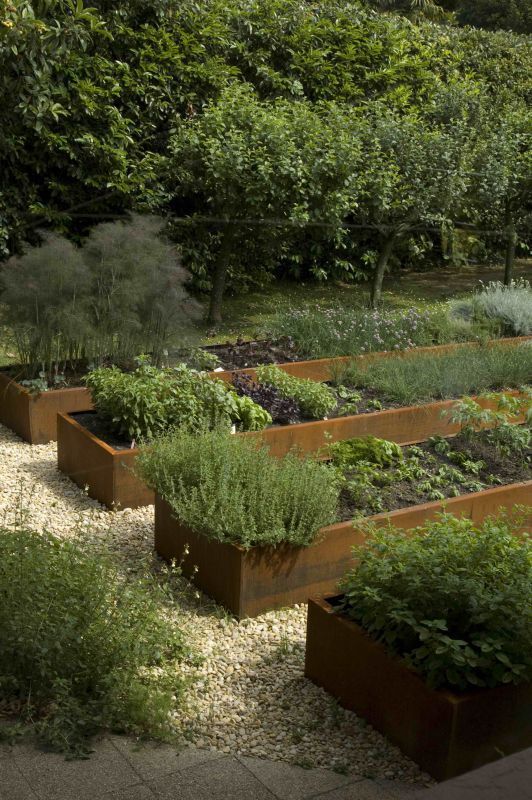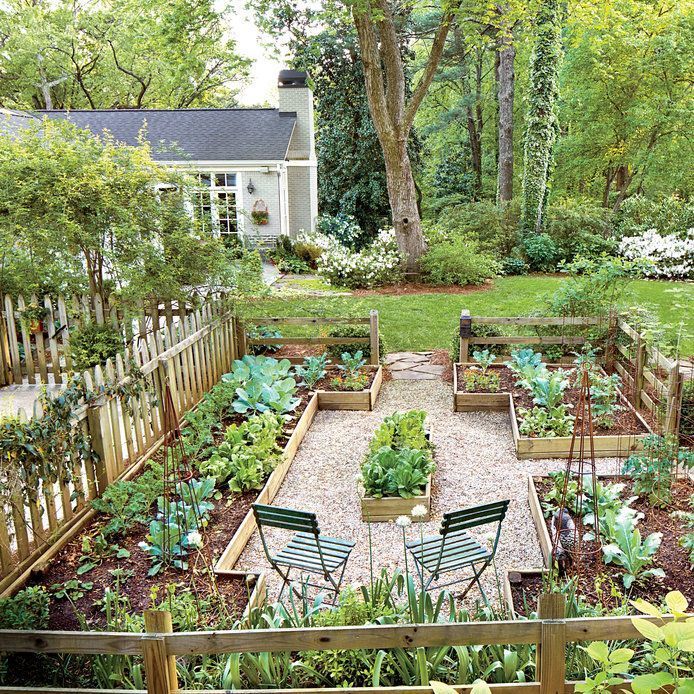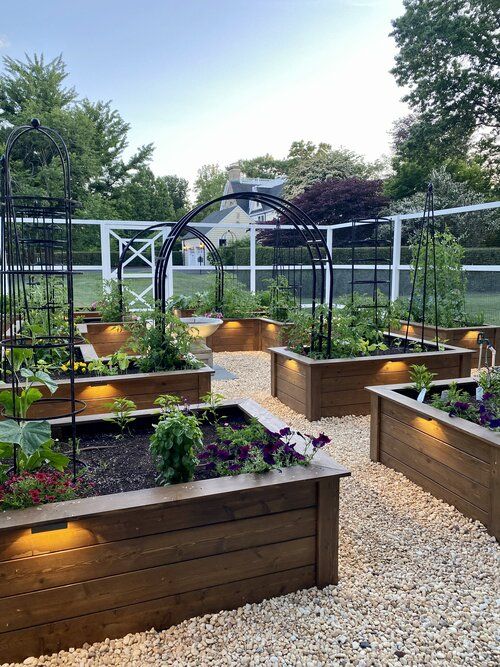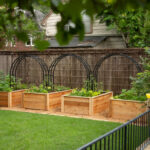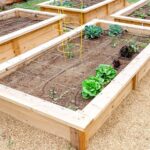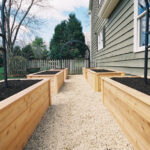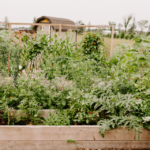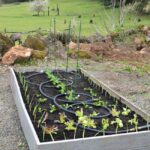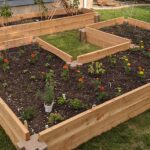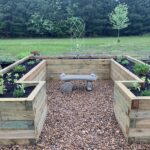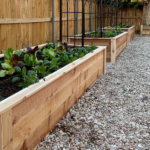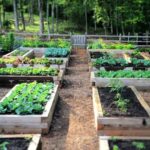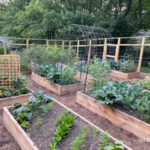Raised bed gardening is a popular method for growing plants that offers many benefits to gardeners. A raised bed garden is essentially a garden bed that is elevated above the ground by a few inches to a foot or more. These beds can be made from a variety of materials, including wood, metal, or concrete blocks.
One of the main advantages of raised bed gardening is that it provides better drainage for plants. Because the soil in raised beds is elevated, excess water can easily drain away, preventing waterlogged soil that can lead to root rot. This improved drainage also allows for better aeration of the soil, which promotes healthier root growth and overall plant health.
Another benefit of raised bed gardening is that it can help to extend the growing season. By elevating the soil in the beds, it can warm up more quickly in the spring, allowing gardeners to plant earlier. Additionally, raised beds can be covered with hoop houses or row covers to protect plants from frost, allowing for an extended harvest into the fall.
Raised bed gardens are also easier to maintain than traditional in-ground gardens. Because the soil is contained within the raised bed, gardeners can easily control weeds and pests. The defined boundaries of the raised beds also make it easier to add amendments such as compost and fertilizer, ensuring that plants receive the nutrients they need to thrive.
In addition to their practical benefits, raised bed gardens can also be visually appealing. The elevated beds create a structured, organized look in the garden, making it a more inviting space for both gardeners and visitors. Raised beds can be designed in a variety of shapes and sizes, allowing for creative and customizable layouts.
Overall, raised bed gardening is a versatile and practical method for growing plants that offers numerous benefits to gardeners. Whether you have limited space, poor soil, or just want to make gardening easier and more enjoyable, raised bed gardens are a great option to consider. With proper planning and care, raised bed gardens can yield bountiful harvests of vegetables, flowers, and herbs for years to come.
